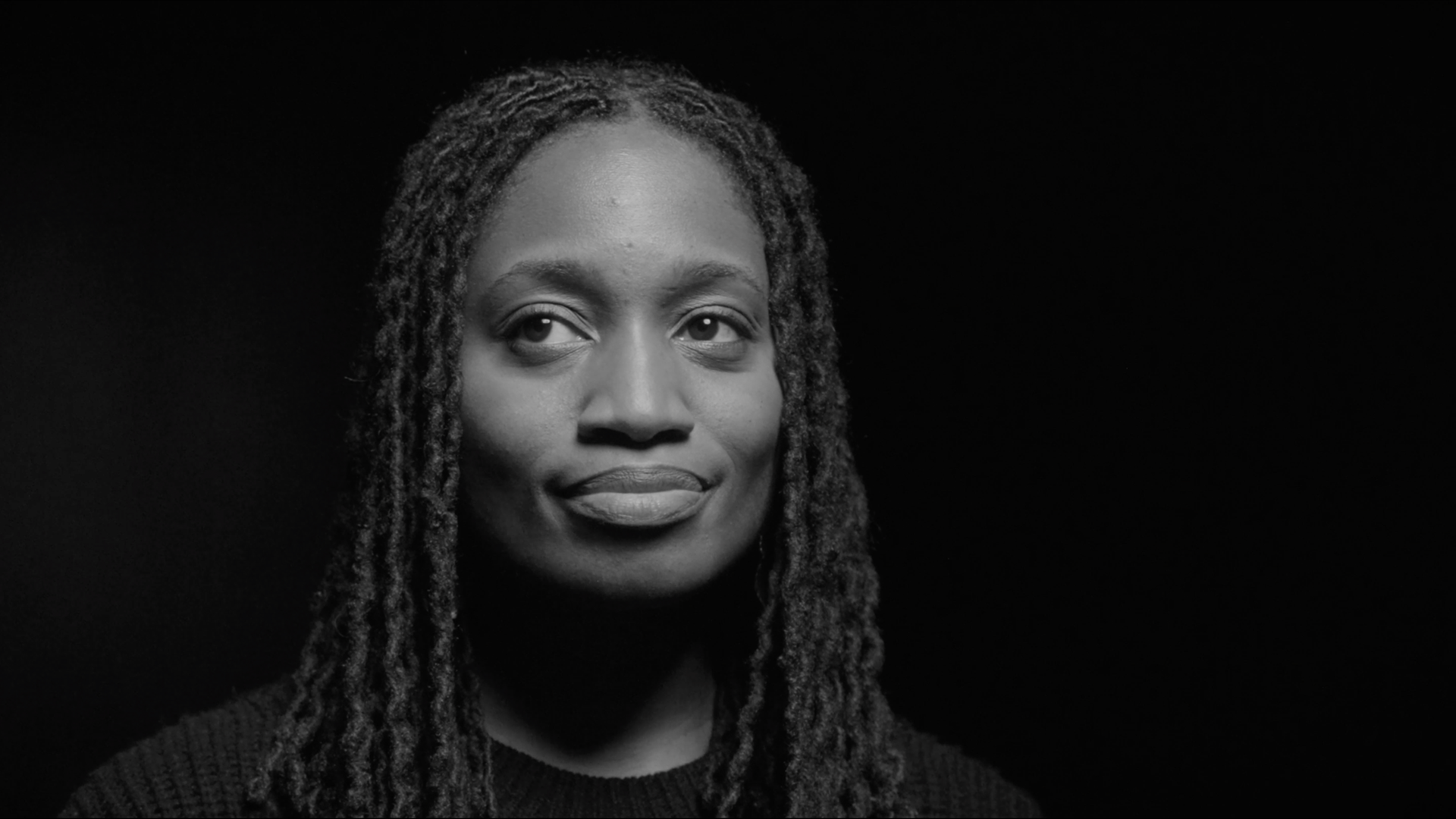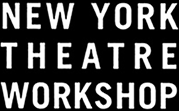

Giving our productions a home means giving our artists a home. For ON SUGARLAND, a number of eclectic and innovative artists came together to breathe life into a script that seemed to already have two legs of its own. This conversation with Aleshea Harris, the playwright of ON SUGARLAND, takes a step back to explore the themes, ideas, and identities that colored this script and eventually the entire production.
Can you talk about some of the varying intersections of the Black-American identity expressed in the play and how that informed the casting process?
So, we have [these] two elder Black women. I was very excited to put two black women of age on stage that were not grannies walking on a porch. I really wanted to give them a vibrancy, a life, a vitality, and a full arc—a musculature of characterization. I wanted to do a thing that I haven’t seen done very often, which is to present these women with great heart and humor but also with tenderness and depth. So, that was an exciting thing for me as a writer—to write elders in a sort of ageist society. I felt that I was going against a certain grain and expectation. In terms of the casting, I mean it was just fun to get to delve into who the seasoned actors are in our community. I think this meant looking for folks who had a certain level of experience and who were down for embodying the heart and blood of Tisha and Evelyn, and we found the perfect actors.
In also thinking about Odella, Sadie, and Aeola Marie … being Black and a woman has its own particular complexities because Black women are subject to misogynoir. I’m always exploring Black women and girls, their particularities and complexities related to Black girlhood and womanhood, as well as the expectations that I think people really try to heap onto Black girls and women as a kind of responsibility. Talking about Black women specifically, it is this responsibility to endure and to demure and to put up with all manner of nonsense and be sort of superhuman for the sake of the protection of the Black community, when really, it’s dehumanizing. And so, it gave me great pleasure to write Odella, someone who does not adhere to the dictates of respectability politics for Black women. She is unbound in her anger and her sadness. She also takes what she wants, which is a moment of mourning for her dead partner—the thing her community wouldn’t give to her—and I’m really excited to write Black women who will take what they want.
In terms of casting, it was just about finding somebody who could embody the fullness of Odella without apology. She’s also, I should mention, a person who’s dealing with substance abuse, which I think is a “no-no” in terms of depiction for Black storytelling—again because of respectability politics and our great interest in protecting ourselves from succumbing to stereotypes in narrative. But again, I think addiction is a real thing in every community and certainly ours. And certainly, Black folks reach for addiction—Black women might reach for it in the face of the terrors that are visited upon them because of their identity. So, in casting we certainly wanted someone who could understand this, and embody this without apology, with great heart, and tenderness, and nuance.
The Rowdy, in particular, seem to be imbued with a sense of energy and aggression that we tend most readily identify as masculine, but the gender expression of actors portraying The Rowdy seems to be varied. Can you talk about gender expression in the world of On Sugarland?
I wrote these characters and thought about gender, but I have the great privilege as a cis-het woman of not having to think as deeply as other people do about such things, and of not feeling the sort of risk that people of other gender identities feel. I have not seen a play that talked a lot about a Black woman soldier so that, for example, I wanted to highlight because I was raised by a Black woman soldier. That gender expression inside of the context of what it means to be a woman and a soldier felt most pressing in my mind. In terms of gender expression in the Rowdy, I just knew that they would lean masculine. In regards to, I should say, satisfying an expectation of how they might move, and their sort of toughness and roughness. I also imagined some stomping and marching, more things that we associate with maleness. But I, of course, want to disrupt the idea that those things can only be performed by a body that presents as male by having folks who were male-identifying, and otherwise, inside of the piece.
In engaging with the masculine, you also have characters like Saul and Addis who have a certain duality to them in regards to their relationship with masculinity. There is a certain tenderness to their relationship, especially in their physical actions, that is often absent from mainstream depictions of father/son relationships in the Black community. Can you speak more to why you intended for them to have this kind of relationship?
I think I’m just interested in that detail and in that duality, because there is that tenderness, but it is juxtaposed with a more expected toughness of “be a man” and what we could call “toxicity” that says the way that you come into manhood is by performing a certain kind of masculinity. So, what does it mean to acknowledge the tenderness between this father and son, as well as the expectation that Saul places on Addis? This expectation is one that Addis fully takes on and runs with—the idea that masculinity and personhood as a man be achieved by moving in a certain way in the world. And so for me, in terms of why I intended for them to have this kind of relationship, I think I was very interested in complexity and I sometimes write what I want to see, and I just wanted to see this moment of tenderness.
What’s most exciting, in my opinion, in the ways you engage with ideas of gender expression and blackness is the subtlety at which it’s done. These characters are not necessarily characterized by the themes I’ve mentioned above, but instead they read as people who happen to live in this world and live in the way they know how. In short, can you speak more to your intention in having some these characters be depicted/exist in a way that isn’t solely rooted in their social identities?
I mean, I never want a person to be a symbol or a stereotype. I want them to have intentions and goals and obstacles so that they don’t just don’t feel like a tool. I really try to write to fullness. My intention was to tell a good story and I think you can tell a good story and sort of bake your ideas inside of it, but not, you know, make some wack ass Wikipedia theatre that’s super preachy. Like, hopefully the ride is a dope ride, and when you sit back and think about it you’re considering things like what it means to be a little Black girl, or what it means to be a Black man in the military and be attacked for being Black? I just hope that all of the complexities come to bear, but I don’t want to lead with identity because it’s just boring, and it’s cheap.
Explore more
Categories: 2021/22 Season. Tags: On Sugarland.

 My Cart
My Cart My Account
My Account Gift Certificates
Gift Certificates Find Us
Find Us




